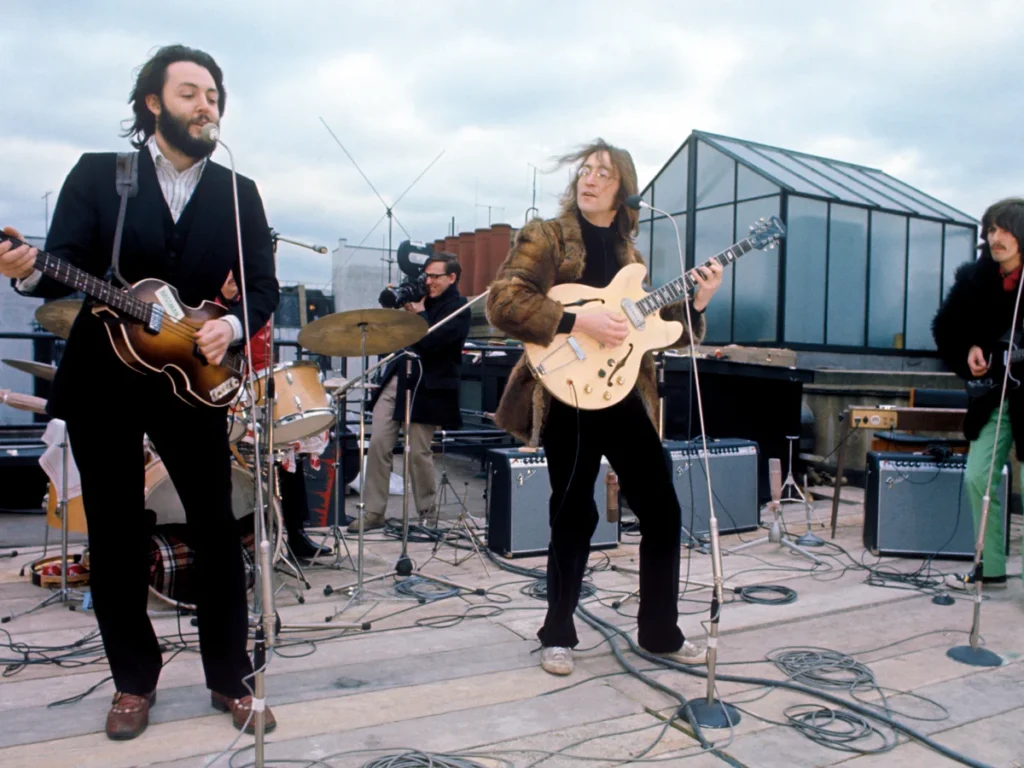As The Beatles were on the verge of disbanding in the late 1960s, Paul McCartney made a surprising prediction: Pink Floyd, then an emerging British band, would fill a unique void in rock music that The Beatles couldn’t. McCartney, ever attuned to the music scene, recognized that while The Beatles revolutionized rock and roll with melody-driven pop and experimental albums like *Sgt. Pepper’s*, Pink Floyd was pioneering a different kind of musical journey that would delve into more psychedelic, conceptual, and avant-garde territories.
In interviews from that era, McCartney noted the distinctive sound Pink Floyd was developing, with long, atmospheric compositions and a focus on storytelling that was immersive and introspective. “They were doing things with sound that were incredible, taking it somewhere different from what we were doing,” McCartney once remarked. The Beatles had laid the groundwork for studio experimentation, but Pink Floyd would take it further, exploring complex themes with albums like *The Dark Side of the Moon* and *Wish You Were Here*. This direction embraced a different tone—darker, reflective, and rooted in philosophical questions—which resonated with the shifting cultural landscape of the 1970s.
Pink Floyd went on to achieve global success, bringing concept-driven rock to mainstream audiences and continuing the legacy of British innovation in rock music. McCartney’s early endorsement wasn’t just insightful; it was a nod to how music evolves as bands pick up where others leave off, carrying rock forward into new dimensions. Today, both The Beatles and Pink Floyd are revered not just for their individual accomplishments but for how they shaped the rock landscape, each filling a space that continues to inspire new generations of musicians and fans.
